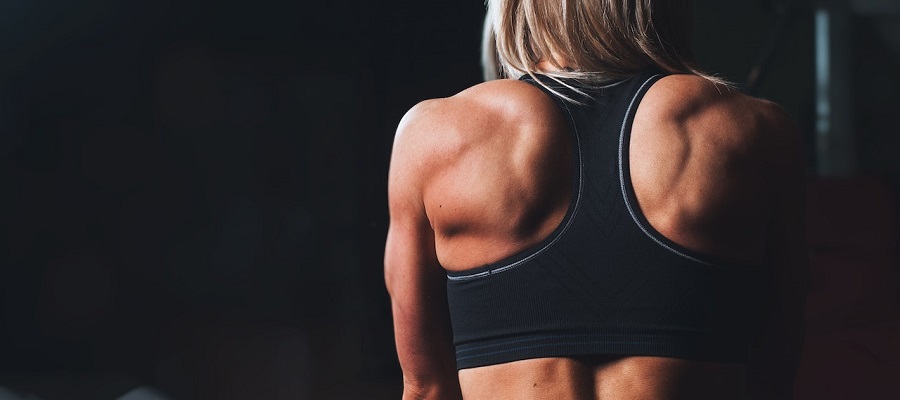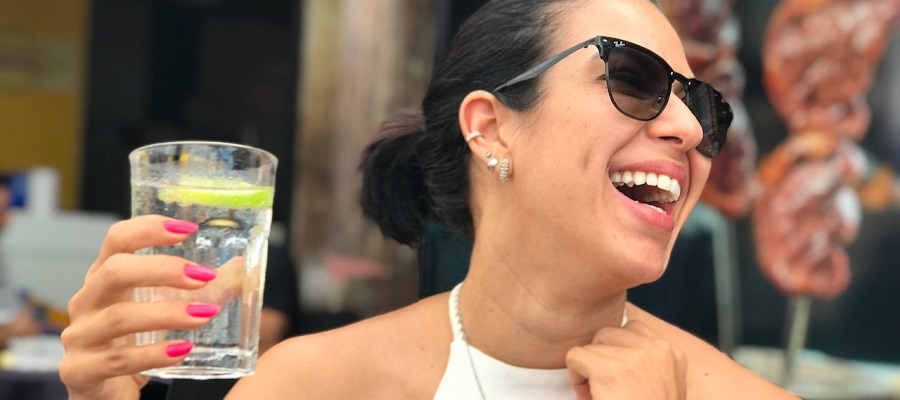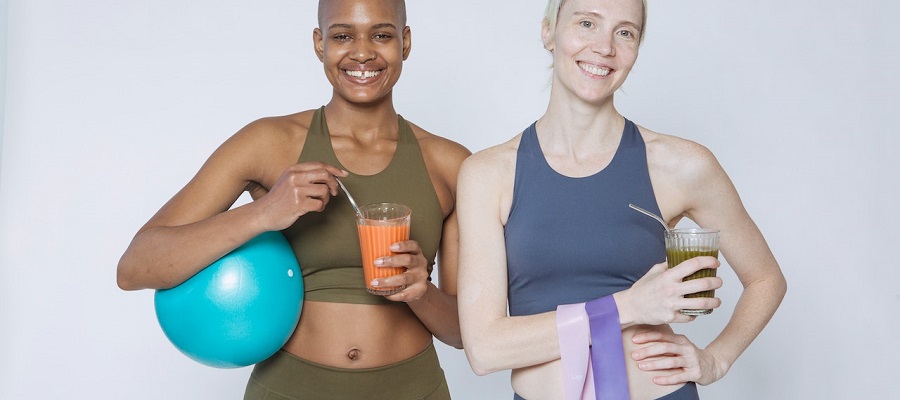Sports nutrition is the study of how the intake of nutrients can affect an athlete's performance. Proper sports nutrition can help athletes to perform at their best, recover from training and competition, and stay healthy. Some key considerations for sports nutrition include the timing of meals and snacks, the types of foods and drinks consumed, and the balance of macronutrients (such as carbohydrates, protein, and fat) in the diet.
There are some general principles of sports nutrition that can apply to most athletes, but it's important to remember that every athlete is different and may have unique nutrition needs based on factors such as their sport, training volume, and body size and composition. It can be helpful for athletes to work with a sports dietitian or other sports nutrition professional to develop a plan that meets their specific needs.
Here are some additional points to consider when it comes to sports nutrition:
- Carbohydrates are the primary fuel source for high-intensity exercise, so it's important for athletes to consume enough carbohydrates to meet the demands of their sport.
- Protein is important for muscle repair and recovery, and it's especially important for athletes to consume adequate amounts of protein after training or competition.
- Hydration is critical for optimal performance, and athletes should make sure to drink enough fluids to replace what is lost through sweat during exercise.
- Antioxidants, such as vitamins C and E, may help to reduce muscle damage and inflammation caused by intense training.
- Supplementation with sports nutrition products, such as protein powders, energy bars, and electrolyte drinks, can be useful for athletes who have difficulty meeting their nutrient needs through food alone.
It's also important for athletes to pay attention to their overall diet quality and to make sure they are consuming a variety of nutrient-dense foods to support their training and overall health. This can include whole grains, fruits and vegetables, lean proteins, and healthy fats.
What meals are considered sports nutrition ?
The specific meals that are part of a sports nutrition plan will depend on an athlete's individual needs and preferences, as well as factors such as the timing of their training and competition. However, there are some general guidelines that can be helpful for athletes to consider when planning their meals.
Here are some tips for designing sports nutrition meals:
- Include a source of carbohydrates, such as whole grains, starchy vegetables, or fruits, at most meals and snacks. Carbohydrates are the primary fuel source for high-intensity exercise, so it's important for athletes to consume enough of them to meet the demands of their sport.
- Choose high-quality protein sources, such as lean meats, dairy products, eggs, beans, or nuts and seeds, to help with muscle repair and recovery. Protein is important for building and repairing tissues, and it's especially important for athletes to consume adequate amounts of protein after training or competition.
- Incorporate a variety of colorful fruits and vegetables, which are rich in vitamins, minerals, and antioxidants. These nutrients can help to support overall health and performance.
- Focus on whole, unprocessed foods as much as possible, and limit intake of added sugars, unhealthy fats, and processed foods. These types of foods can provide empty calories and may not offer the same nutritional benefits as whole foods.
- Consider the timing of meals and snacks, and try to have a combination of fast-acting and slow-release carbohydrates to provide sustained energy throughout the day.
- Stay well-hydrated by drinking plenty of water and other fluids, especially during and after exercise.
Some examples of sports nutrition meals might include:
- Grilled chicken with brown rice and steamed vegetables
- Baked salmon with quinoa and roasted Brussels sprouts
- Turkey and avocado wrap with whole grain bread and a side of fruit
- Peanut butter and banana smoothie with Greek yogurt and a scoop of protein powder
- Overnight oats with nuts, berries, and a sprinkle of chia seeds
It's also a good idea for athletes to experiment and see what works best for them in terms of meal timing and portion sizes. Some athletes may find it helpful to eat smaller, more frequent meals and snacks, while others may do better with larger, less frequent meals. It's important to listen to your body and adjust your eating plan as needed.
Sports nutrition meals are those that are designed to support an athlete's training and competition goals. The specific components of a sports nutrition meal will depend on an athlete's individual needs and preferences, as well as factors such as the timing of their training and competition. However, there are some general guidelines that can be helpful for athletes to consider when planning their meals.
How to make Baked salmon with quinoa and roasted Brussels sprouts
To make baked salmon with quinoa and roasted Brussels sprouts, you will need the following ingredients:
- 4 salmon fillets
- Salt and pepper, to taste
- Olive oil or cooking spray
- 1 cup uncooked quinoa
- 2 cups water or chicken broth
- 1 lb Brussels sprouts, trimmed and halved
- 1 tbsp olive oil
- Salt and pepper, to taste
Here's how to make the dish:
- Preheat your oven to 400°F (200°C).
- Season the salmon fillets with salt and pepper, and lightly coat with olive oil or cooking spray.
- Place the salmon fillets on a baking sheet and bake for 10-12 minutes, or until the fish is cooked to your desired level of doneness.
- While the salmon is baking, prepare the quinoa. Rinse the quinoa in a fine-mesh sieve, then combine it with the water or broth in a small saucepan. Bring the mixture to a boil, then reduce the heat to low, cover the pan, and simmer for 15-20 minutes, or until the quinoa is tender and the liquid has been absorbed.
- Toss the Brussels sprouts with olive oil, salt, and pepper, then spread them out on a separate baking sheet. Roast the Brussels sprouts in the oven for 15-20 minutes, or until they are tender and caramelized.
- To serve, divide the quinoa and Brussels sprouts among four plates, and top each serving with a baked salmon fillet. Enjoy!


